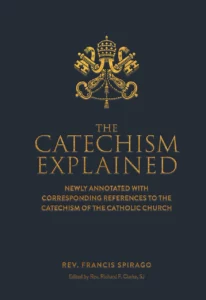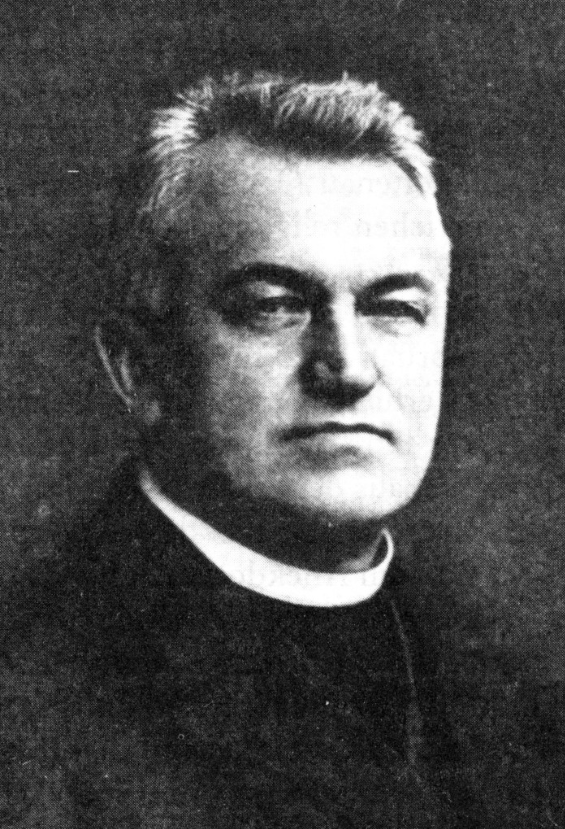As the sun lights up the boundless firmament, so God extends His goodness to all creatures. Not one of them is excluded from it. “Not one of them is forgotten by God” (Luke 12:6). What wonderful bodies God has given us! He has bestowed upon us our senses, and the gift of speech. How many gifts He has conferred upon our souls! He has given us understanding, free will, and memory. For our bodies He gives us food, drink, clothing, health, etc. How well He has provided for our necessities on this earth: light, warmth, the air, the plants, the trees, and their various fruits. How many powers He has implanted in nature, for us to use for our own benefit: coal, salt, stone, marble, precious stones, etc. He has, in fact, made man the lord of the whole world. He loves us far more than we love ourselves. His love for us is far greater than that of the fondest mother for her child. The love of all creatures for God is not nearly as great as the love of God for each one of us. But above all, God has shown His love for us in this—that He gave His only-begotten Son for us (John 3:16). Abraham could not show his love for God in any more perfect way than this, that he gave to God that which was dearest to him, viz., his only son. God did just the same; He gave us His dearest and best possession, His only-begotten Son. Our Lord says of Himself: “Greater love no man has than this, that a man lay down his life for his friends” (John 15:13). He underwent His sacred Passion and death in order to prove the excess of His love for us. His attitude on the cross proclaims it. His head bowed, to give us the kiss of peace, His arms extended to embrace us, His Heart opened to admit us therein. In the Blessed Sacrament His love keeps Him in the midst of us, and seeks the closest union with us in holy communion. Finally He promised to grant all the prayers that we offer in His name (John 14:14).
Among men God shows the greatest love to the just
“A perfect soul,” says St. Alphonsus, “is dearer to God than a thousand imperfect ones.” “To them that love God all things work together for good” (Rom. 8:28). “O how great is the multitude of Thy sweetness, O Lord, which Thou hast hidden for them that fear Thee” (Ps. 30[31]:20). God rewards the good works of the just far beyond what they deserve. He repays them a hundredfold, even in this present life (Matt. 19:29). He loves the just in spite of their sins and imperfections, just as a mother loves her child tenderly in spite of its many defects.
God manifests His love even to sinners
God continues to confer graces and benefits upon sinners until the last moment of their life (Matt. 5:44; Luke 23:39–43). He sends them troubles to bring them to repentance. He finds some good in all, and He also loves them for what He hopes they may become. The love of God is like the powerful magnet that draws iron to itself. Sometimes there is an obstacle in the way, so that the piece of iron cannot reach the magnet, but the magnet continues to draw it all the same. So God continues to draw sinners, even though they do not come near to Him. God hates only the devil and the lost. Even in hell He shows His goodness by not punishing the lost as much as they deserve. It is because of God’s love for men that hell will be so intolerable. The lost will say, “If God had not loved us so much, we should not be so miserable now.” Since God loves us so dearly we should love Him dearly in return (1 John 4:19). We should not be afraid of Him, but should draw near to Him with childlike confidence. Since God is so good to us we must also be good to our fellow-men. God has given us a command to love Him, to love our neighbors, to love our enemies, and also to perform works of mercy. God also wishes us to be kind and merciful to the brute creation.
This article is taken from a chapter in The Catechism Explained by Rev. Francis Spirago, which is available from TAN Books.









